When researching this article, it immediately became apparent that olives are pretty sophisticated and versatile! Known as ‘Black Gold’, the obvious use is of course in cooking and salad dressings, but they are also used for medical (for their high Vitamin E content), medicinal and cosmetic purposes and in lubricants too! Some swear that by drinking a small glass every morning with breakfast will keep you lean and supple, some use it as a skim balm after bathing or after spending a long period in the sun.
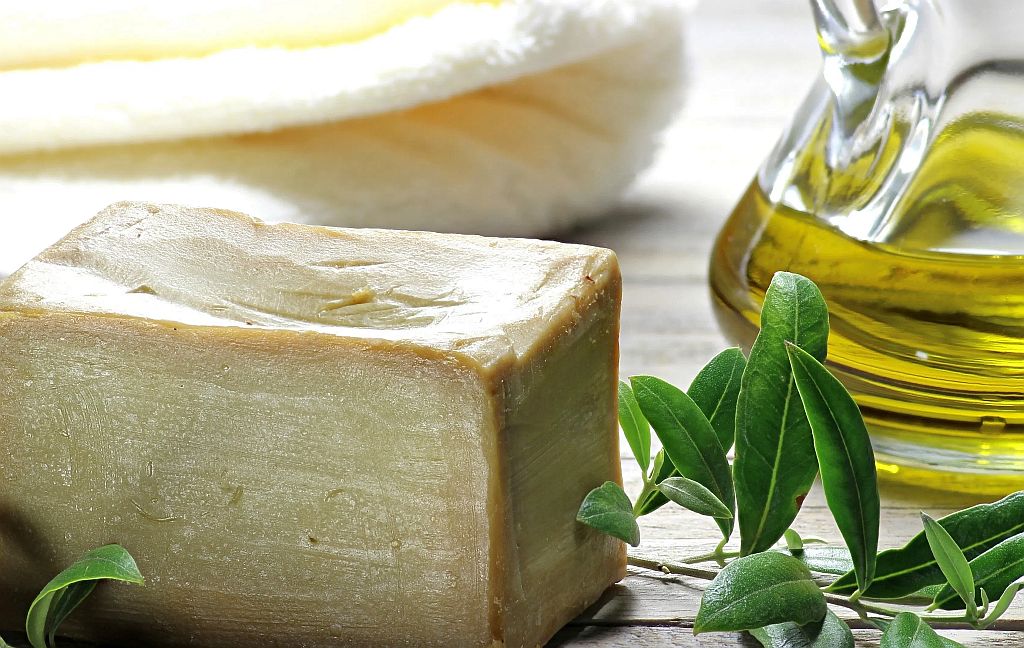
Wherever you go in North Cyprus, you will for sure come across many things made with olive oil, particularly of course souvenirs such as olive oil soaps, shower gels, shampoos and conditioners, face masks and moisturisers. Little bottles of olive oil are a very popular gift to be able to take back home too.
In history, the olive was said to be so valuable that it was used as a form of currency, or that to be anointed by olive oil was a very worthy and honourable thing. They were given as gifts, as they still are today. Used as an ingredient in essential oils and in olden days even embalming and preserving bodies, involved the use of the oil of olives. Their presence in North Cyprus dates back to around 4,000 years and each tree takes around 10 years to mature and bear fruit. Some trees have been measured with around 10 metres of trunk – truly statuesque!
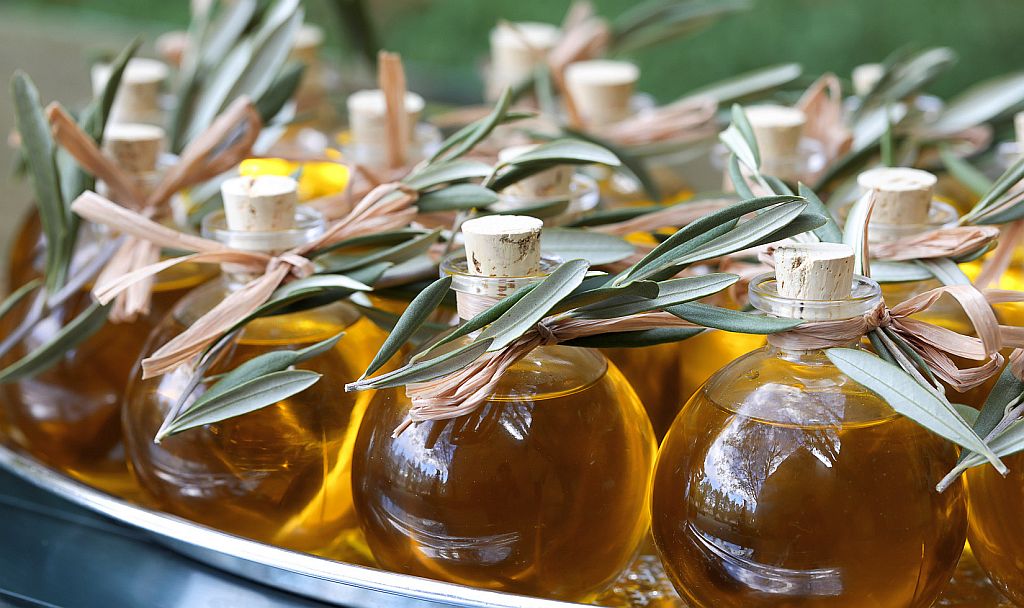
In more modern times of course, olives are not so valued in the same way perhaps, but still, the use of olive oil is something we would all generally utilise in some form. In the olden days, donkeys would have been used to pull a heavy stone press which then pressed the oil from the olives. These days, modern factories have all the necessary automated machinery to press them and provide us with our oil. However, even in the change of times, it is an entirely natural process, with no chemicals used to produce the oil.
All over North Cyprus you will find olive trees, some wild and some not, and there are plenty of ancient ones too, with huge girths indicating their 100s of years status. They are part of the beautiful heritage of the island. They also need good management too, to be able to produce their fruit successfully, year on year. Skilled pruning is required to ensure that they thrive so heavy pruning to the main branches is needed every 10 years, to then be able to reach a full crop within the following 3 years.
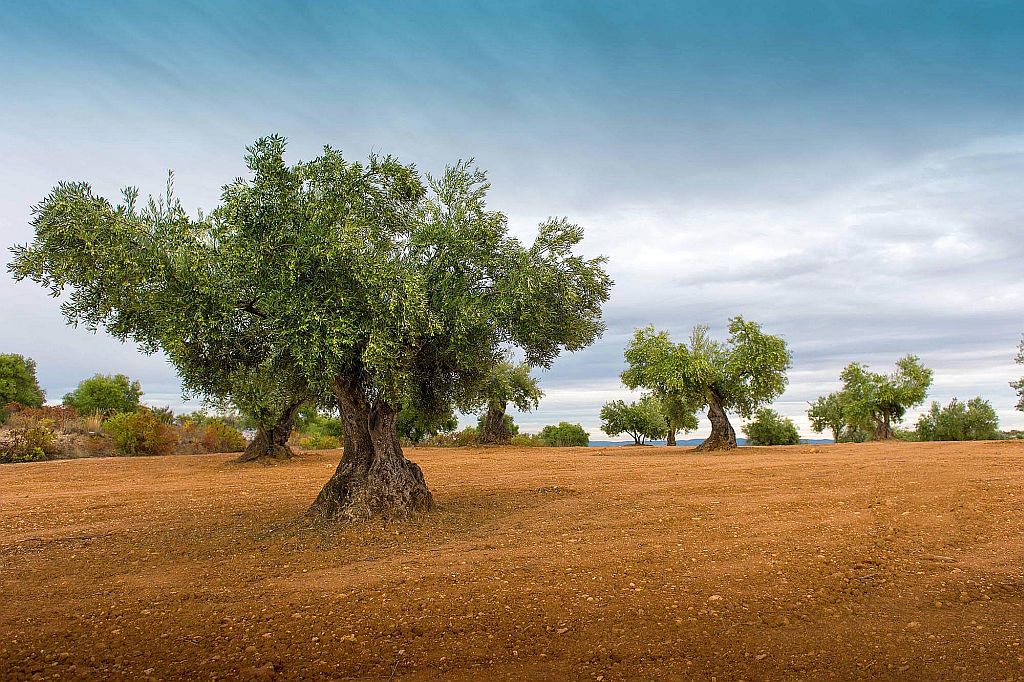 Although they are still abundant all over the island, they have also suffered the ravages of construction over recent years, with their wood being sold off for firewood after being uprooted to make way for homes and roads – some of the best wood for burning for sure, but it’s uses for furniture and sculpture are also valued. Zakad was one organisation that highlighted the plight of olive trees in North Cyprus.
Although they are still abundant all over the island, they have also suffered the ravages of construction over recent years, with their wood being sold off for firewood after being uprooted to make way for homes and roads – some of the best wood for burning for sure, but it’s uses for furniture and sculpture are also valued. Zakad was one organisation that highlighted the plight of olive trees in North Cyprus.
Olive season in North Cyprus generally starts in October, when everyone will be informed that it is time to start harvesting. Driving through the countryside you will see many families setting out their sheets and blankets under the trees, shaking their sticks in the branches to dislodge the olives. A few people now have the help of a machine that gently shakes the trees, but it is always nice to see things done the traditional way. The first harvest is generally the green olive with the darker olives being harvested later on. The season can actually continue until January or even March time depending on the success of the particular season.
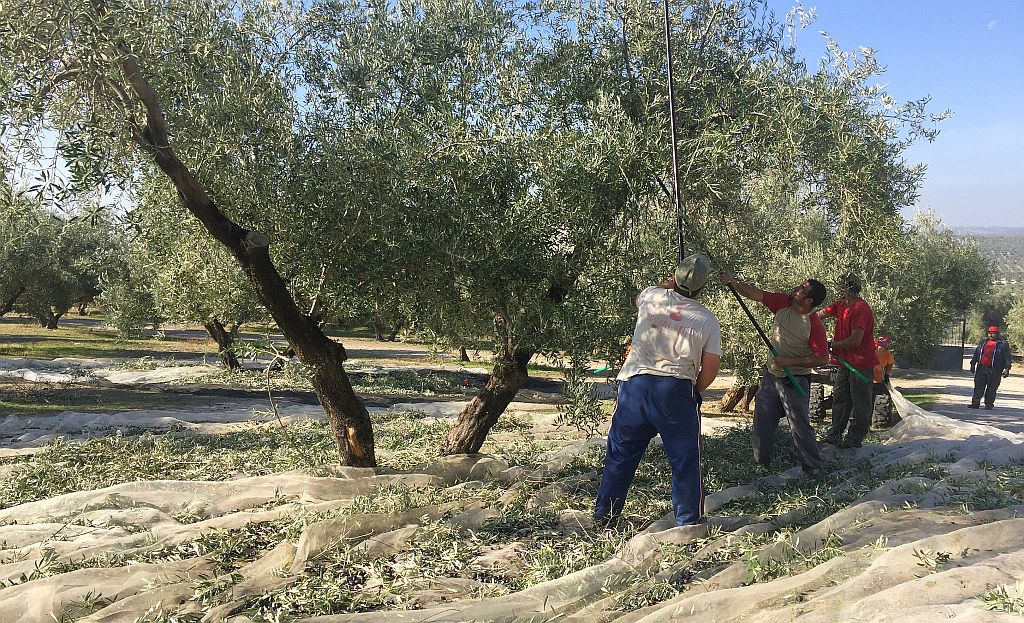
Once picked the olives can be pressed or soaked. Pressing these olives doesn’t take long, around 3 hours can give you 1 litre of oil for 5 kilos of olives. They are first cleaned, washed and ground, being filtered through water. This provides a beautiful Virgin Oil, which, on tasting, is really special – less than 0.8% acidity.
Another popular way, during the olive season in North Cyprus, is to soak them. This is done in saltwater for around 5 weeks, when they are then drained and left to air for 24 hours. They are often then bottled, pickled or stuffed with spices and vegetables or even grilled. You will often be given ‘Chakistes’ at your dinner table when eating out in North Cyprus – a typical example of soaked, craked olives served in lemon juice, garlic and coriander seeds – yum! The darker and later harvest are our favourites, soft from being soaked in saltwater, with a sweet/bitter taste, they are truly a lovely way to spend a summer evening with your bottle of wine and some Cypriot cheeses!
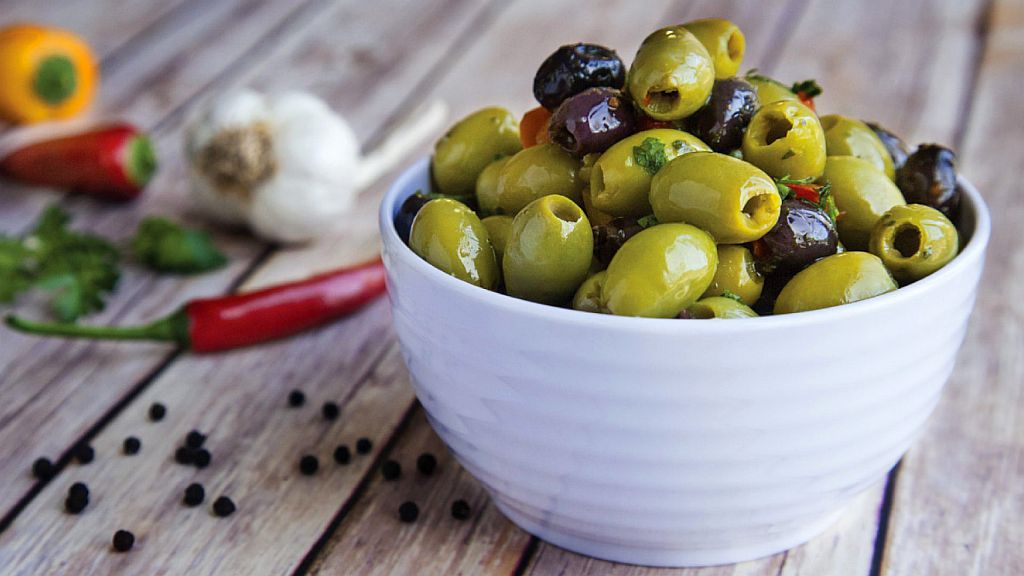
As well as Virgin Oils, of course, there are lesser refined pressings, such as normal Olive Oil, and heat-treated oils, which are classed as low standard and which are not really recommended for cooking. As well as oil, you can also find olive paste and some people also bake them. Breads and pies are also a popular way of using the humble olive.
So there you have it, as you can see, the olive still plays a very valuable place in the great scheme of things, used in so many ways, whilst still being an enjoyable food for us all to enjoy! If you are visiting or even living here, then take the time to appreciate olive season in North Cyprus – both for its uses and for eating! The annual Olive Festival, held in Zeytinlik every October, also celebrates this wonderful symbol of Cyprus so pay a visit if you can.

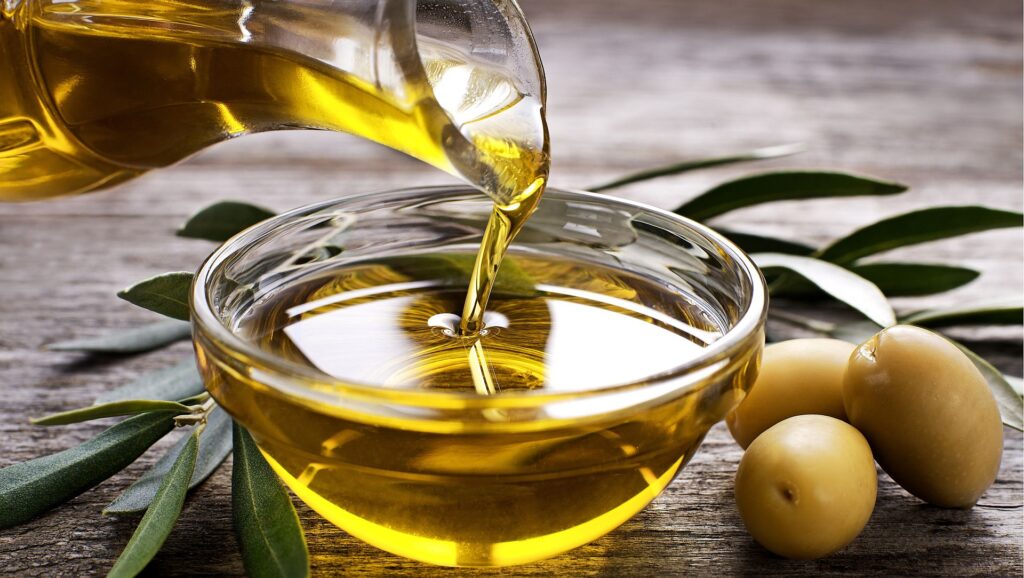


1 Comment
Hi
How can we work in growing olive?